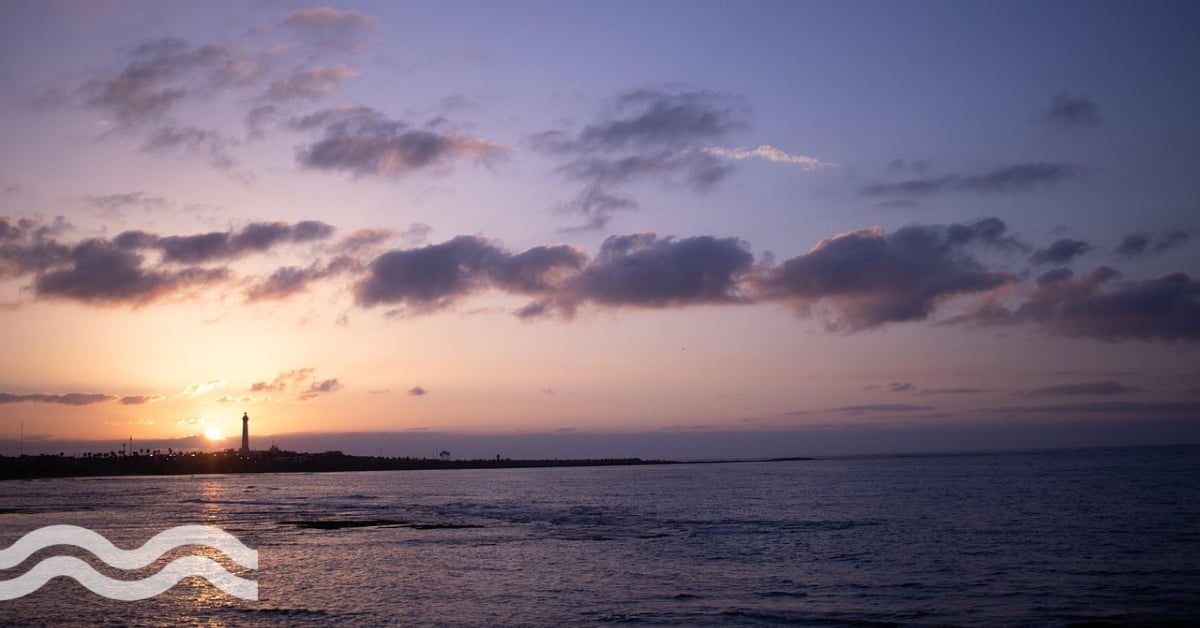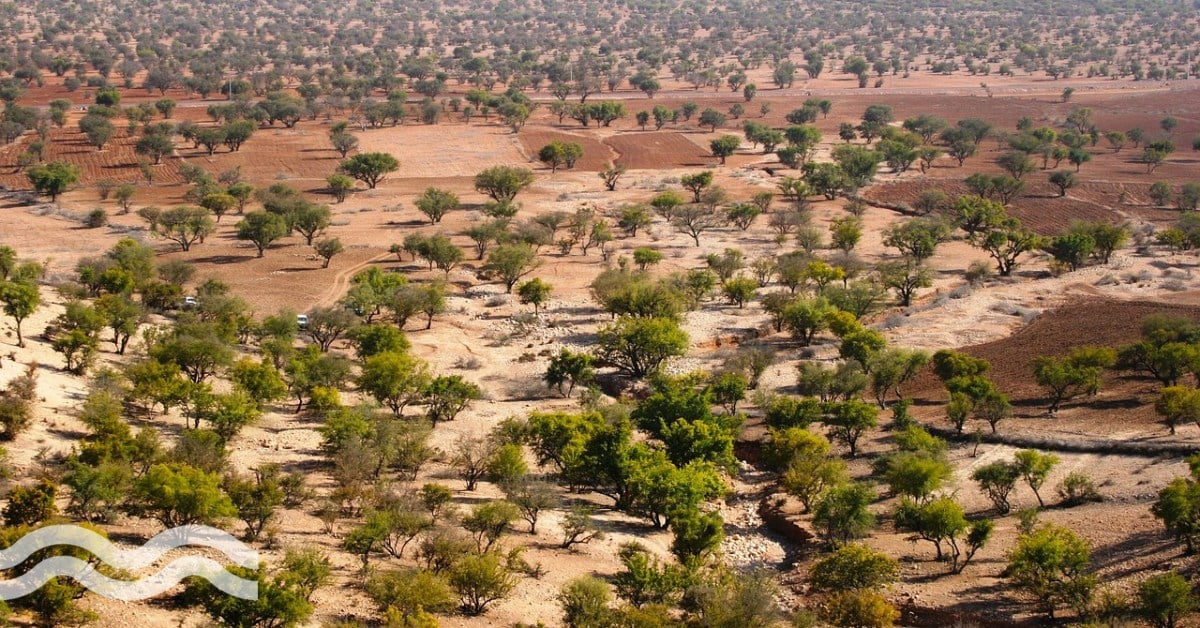Egypt’s renewable powered desalination plans progress ahead of COP27

Three companies have entered talks with Egypt to build a $1.5 billion renewables powered desalination plant as the country looks to get ahead on its imminent water challenges.
Three is the magic number
Metito Holdings, Scatec ASA and Orascom Construction have entered into talks with Egypt authorities on a $1.5 billion renewables powered desalination plant as the country seeks to tackle its future water challenges.
Karim Madwar, managing director of Metito confirmed that the three-company consortium has held conversations with Egypt's sovereign wealth fund on the project that would see them build, own and operate the desalination plant.
Currently, the proposal would see the construction of a 400-megawatt solar-power facility and a desalination plant that would have the capabilities to process up to two million cubic meters of seawater per day.
“The desalination plant that would have the capabilities to process up to two million cubic meters of seawater per day.”
This announcement follows released plans for several new desalination plants in the country, including a $2.5 billion initiative that will see the sovereign wealth fund and private investors build a number of renewable-powered plants by 2025.
Egypt's cabinet announced that Saudi Arabia's Abdul Latif Jameel Energy & Environmental Services and Hassan Allam Holding had submitted an offer to build a desalination plant capable of generating 2.9 million cubic meters of water per day by 2030.
Planning for Egypt’s future needs
With Egypt set to host the upcoming COP27 global climate summit in November, the country is looking to explore new methods of desalination to quench the water needs of its 100 million population.
Egypt, like many countries in Africa and neighbouring countries in the Middle East, is facing serious water challenges.
According to a 2021 UNICEF report, the country is facing an annual water deficit of seven billion cubic metres, with fears that the country could run out of water by 2025.
On top of this $1.5 billion renewable desalination plant, Egypt also has the potential for a floating mobile desalination plant - similar to the three mobile desalination plants that Metito is constructing for Saudi Arabia for a sum of $300 million.
Floating new methods of desalination
The floating plant in Saudi Arabia is one example of how desalination technology is improving and evolving. The concept involves barges that can be transported to whichever part of the country needs a freshwater source.
“Recently, the first major subsea desalination plant gained traction following a collaboration between Norwegian company Waterise and Rosenberg Worley.”
Plus, the barges are fitted with large solar panel arrays to power the desalination process and reduce the dependence on oil.
Another innovation to consider is subsea desalination. In Europe, the first major plant is gaining traction following a collaboration between Norwegian company Waterise and Rosenberg Worley.
Operating at a depth of 400m, the plant is connected via an “umbilical connection”, a cable that provides electricity and communication, as well as a pipeline that brings water back to the shore.
Related content
- Subsea desalination moves forward following waterise partnership
- One answer to more sustainable desalination? Go 400m underwater
- Qatar desalination trial provides hope for thermal innovation
Share your water technology stories with us
Do you have an innovation, research results or an other interesting topic you would like to share with the international water technology industry? The Aquatech website and social media channels are a great platform to showcase your stories!
Please contact our Sr Brand Marketing Manager Annelie Koomen.
Are you an Aquatech exhibitor?
Make sure you add your latest press releases to your Company Profile in the Exhibitor Portal for free exposure.


